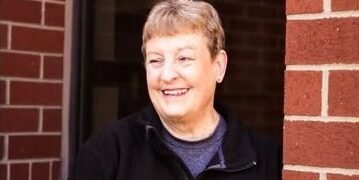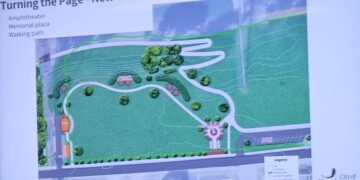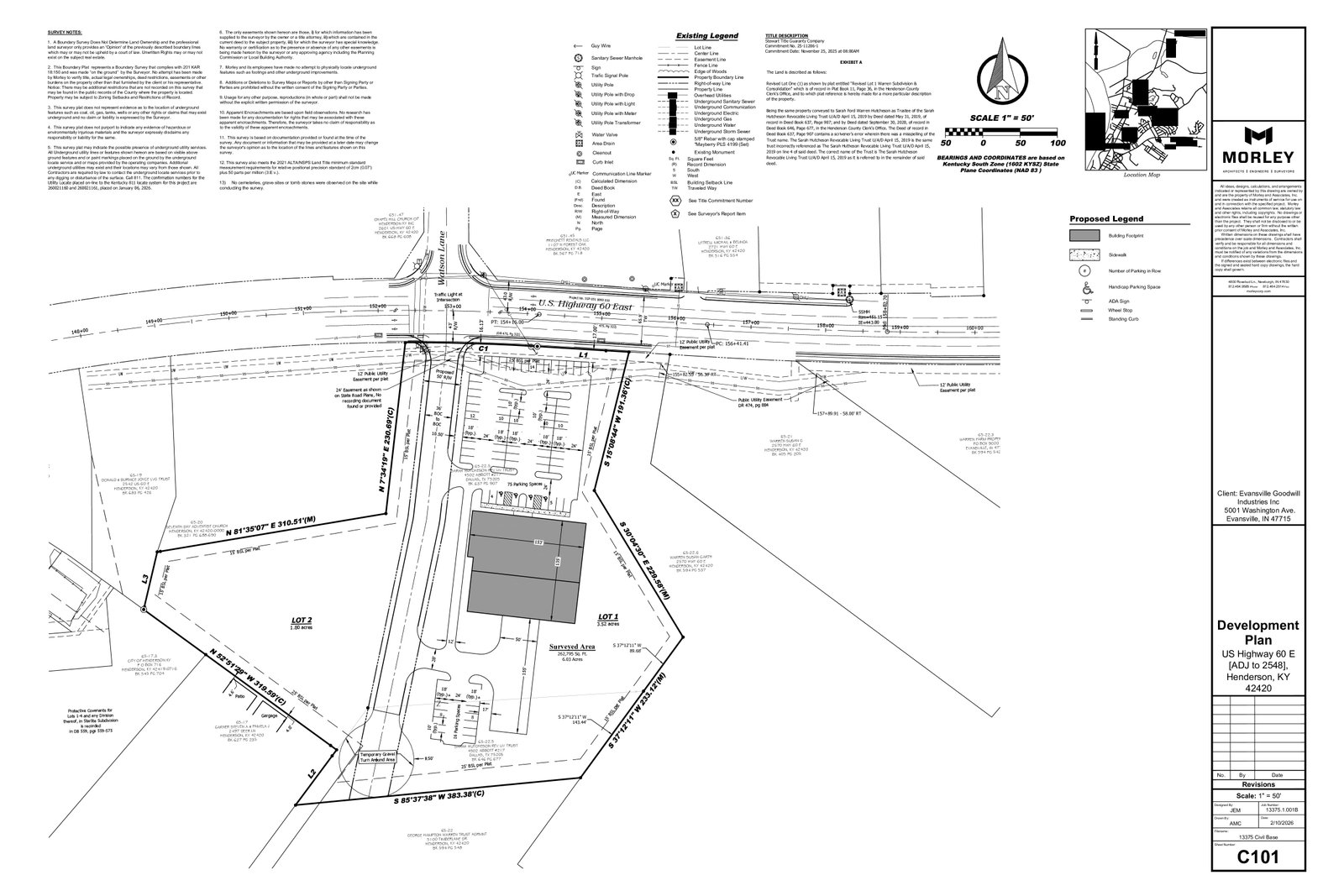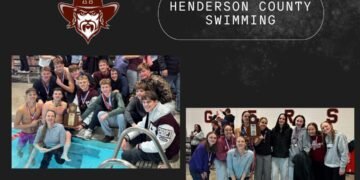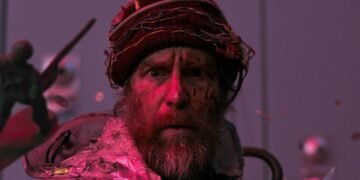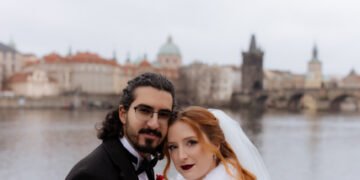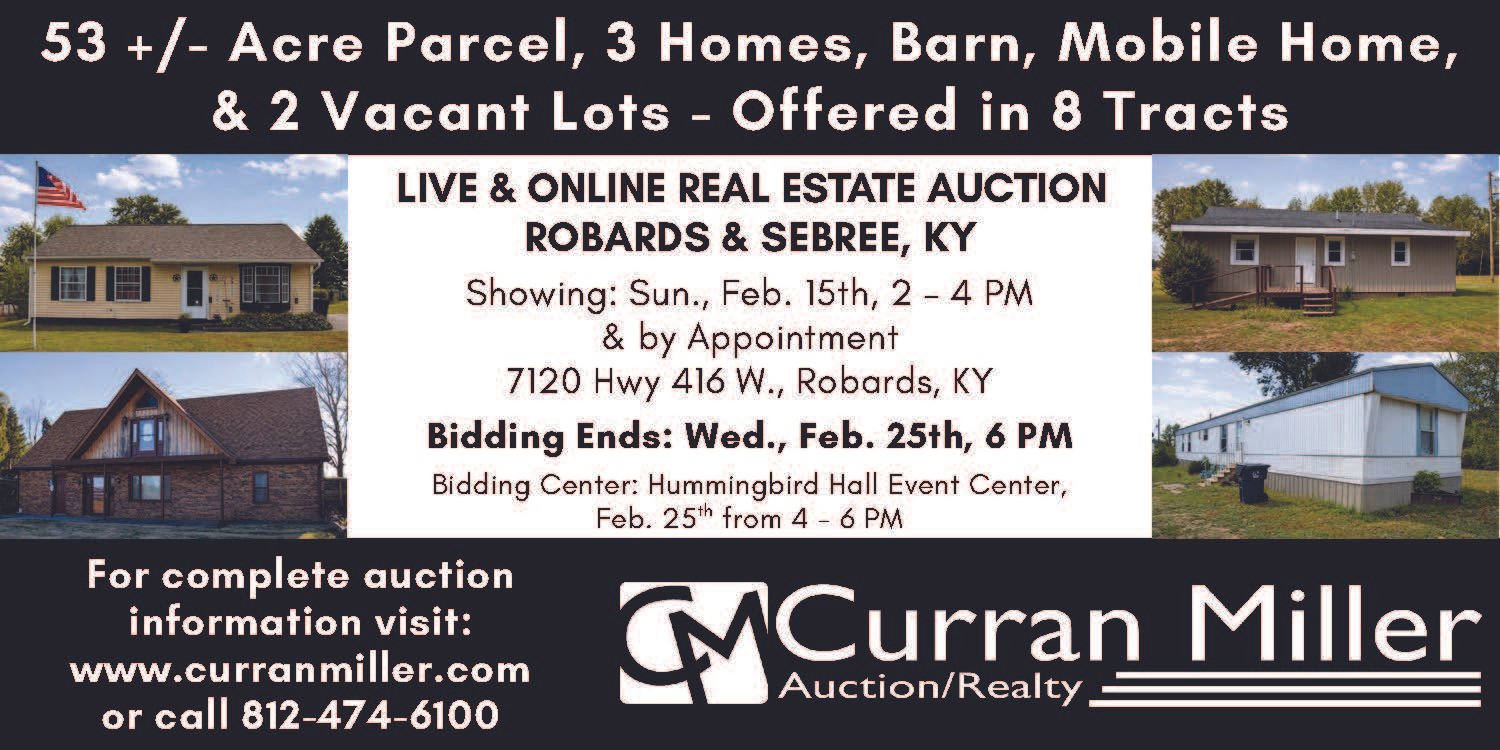(This article first appeared in the January print edition of the Hendersonian.)
This is my New Year’s wish to you: Find a podcast to love.
Yes, find a podcast now, thank me later.
A podcast is an audio recording that you can listen to on your smartphone, your tablet, your computer. Anytime or any place you want.
For free.
Personally, I listen to my podcasts mostly on my treks along the RiverWalk or, in inclement weather, around the indoor track at the YMCA.
Your podcasts—they can be your personal friends—are there to entertain you, amuse you or, at the very least, distract you while you are doing something: Walking. Showering. Driving.
They are about somebody talking about something interesting in, the best cases, a fascinating way.
Podcasts have made me laugh.
Podcasts have made me think.
Podcasts have made me cry, in the very best sense of the term, because they helped me tap into something elemental, indefinable, inescapable from my own life.
I slipped into podcasts as a means for listening to episodes of public radio programs that I loved but wasn’t always available to listen to at the moment of broadcast.
A great example is “This American Life,” an always listenable hour-long program that, unpredictably, might take you into a five-year-old’s excitement about riding a school bus for the first time or take you, during the Persian Gulf War, aboard the unexpected realities of life aboard an aircraft carrier.
Or “Homemade,” an astonishing platform for storyteller Shannon Cason about what it is to be Black in America, sometimes in amusing but always in frank accounts.
There’s “Ear Hustle,” which sheds light into what life is like inside (or, after release, outside) a prison.
An excellent choice is “Revisionist History” by the iconoclastic thinker Malcom Gladwell, who promises to “examine something I think has been overlooked, or misunderstood.” (He was never more passionate than in the episode in which he railed against McDonald’s having stopped cooking French fries in beef tallow).
For years, starting with the Covid pandemic, I have been happily stuck in “Stuff You Should Know,” in which hosts Chuck and Josh explore topics ranging from the early 20th century escape artist Harry Houdini to the 21st century practice of what’s called “sampling” of segments of previous pop songs into contemporary hip-hop music. “Stuff” is cozily goofy and informal; it’s the antithesis of a heavily produced podcast.
That said, I can’t recommend strongly enough a podcast is “The Memory Palace” by Nate DiMeo that reveals forgotten moments in near-modern American history. Nate is not only a supreme writer—some call his writing “poetic”—but he is a splendid narrator backed by excellent production design.
“The Memory Palace” presentation of “A Brief Eulogy for a Commercial Radio Station” is utterly sublime. It concerns the news that 95.5 WBRU-FM in Providence, Rhode Island, was ceasing operation. It’s essentially a snapshot of the loss of local management of radio stations—thanks goodness Henderson still has WSON—that has torpedoed what radio once meant for young people.
Nate imagines a girl in the 1930s who disobeyed her father’s prohibition regarding touching the living room radio set, but when her parents are away one night, she disobeys.
In his words: “She will find her station and her music and in no small way, herself … And that station’s music will be the soundtrack of a very particular time in her life. Which in no small way will set, if not the course, then the rhythm of her life. Then the expectations of rhythm, the romantic love, and how one dances, and with whom. How one finds comfort, how one makes sense of heartbreak, or loss, or the times in which she lives. And that is no small thing.”
And then he races forward to imagine another time.
“It could have been any station,” Nate said. “It could have been your station. That one that was on the day when … The one that played that one song when … The one that, in no small part, made you who you were then. Maybe still are.
“But this one station, now gone, was mine once, when I was 17, and driving to the beach with no parents for the first time, and in love for the first time, and went up and over the Mount Hope bridge, and the light was on the water, and the air was warm …”
Cut to a percussive segment of a song — Vapour Trail, by Ride, a song I didn’t know. But it brought tears to my eyes, because I … got it.
That podcast story took less than 10 minutes to tell.
I discovered it, and loved it, and was thrilled to play it the other night for my wife and best friend.
I think they liked it, too.
Go. Find a podcast to love.

